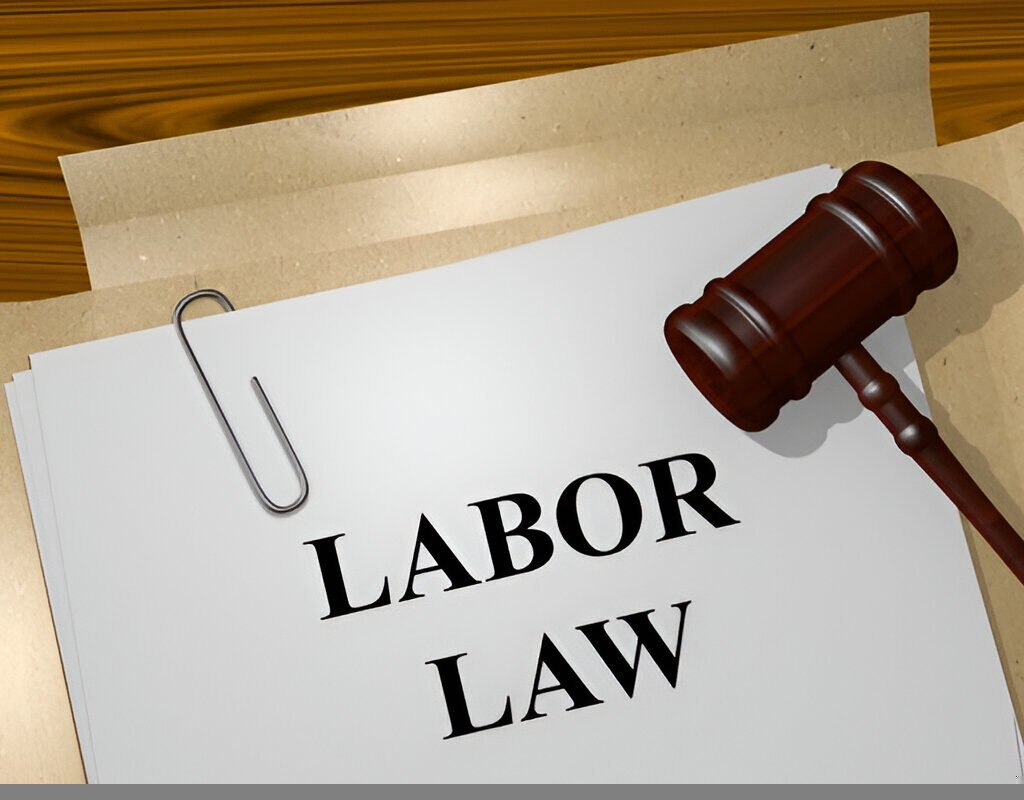
Article At A Glance
- A global look at how different countries handle worker compensation laws and the challenges injured workers face.
- Real-world case of Ravi in India highlights slow payouts and bureaucratic hurdles.
- Germany’s no-fault system leads in speed and fairness; India still struggles with delays and limited coverage.
- Over 60% of global workers, especially in informal or gig work, often lack access to any compensation.
- Key solutions include universal coverage, digitized claim systems, worker education, and stronger cross-sector collaboration.
- India’s 2025 labor reforms aim to simplify laws, expand protections, and include gig workers for the first time.
When Injury Meets Injustice
In 2019, Ravi, a 34-year-old warehouse employee in India, fell from a faulty ladder. The injury left him with a fractured hip and six months off work. Though entitled to compensation under India’s Employee Compensation Act, he waited nearly a year for any financial support—receiving less than 40% of his lost income. His story, unfortunately, is not unique.
Every year, millions of workers around the globe suffer occupational injuries or illnesses. While worker compensation laws are meant to provide timely support, the reality is often a maze of delays, denials, and disparities. This blog explores how different nations approach worker compensation, which systems work best, and how we can push toward a fairer global standard.
“It wasn’t just the fall that hurt. It was what came after—the paperwork, the wait, the uncertainty.”
— Ravi M., warehouse worker, injured on the job in Mumbai, India
What Is Worker Compensation and Why Does It Matter?
Worker compensation is a system of insurance that provides wage replacement and medical benefits to employees injured in the course of employment. In theory, it offers a safety net—ensuring that workers aren’t left destitute after workplace accidents.
Fact: According to the International Labour Organization (ILO), over 2.78 million people die from occupational accidents or work-related diseases annually. Another 374 million suffer non-fatal injuries or illnesses.
These injuries carry a steep human and economic cost. Inadequate compensation mechanisms can mean the difference between recovery and lifelong hardship.
A Brief History of Labour Law and Compensation Systems
Modern worker compensation laws trace back to 19th-century Germany under Chancellor Otto von Bismarck. Germany’s Accident Insurance Act of 1884 created the first no-fault model—meaning workers didn’t have to prove employer negligence to receive benefits.
Other countries followed:
- USA: States began passing workers’ comp laws in the early 1900s, with a strong focus on limiting employer liability.
- India: The Workmen’s Compensation Act of 1923, now the Employees Compensation Act, was one of the earliest such laws in Asia.
- South Africa: The Compensation for Occupational Injuries and Diseases Act (COIDA) was introduced in 1993 and remains the backbone of its protection system.
These laws laid the foundation for how nations approach occupational injury today—yet not all systems are created equal.
Comparing Models — Who Does It Best?
| Country | Type | Avg. Time to Payout | Coverage Scope | Key Strength |
| Germany | No-fault, social insurance | 2–4 weeks | Universal (including apprentices) | Fast processing, strong public trust |
| USA | State-based, no-fault | 2 weeks to several months | Varies by state | Efficient in some states, patchy in others |
| India | Employer liability | Often 6+ months | Formal sector only | Improving, but slow bureaucracy |
| South Africa | No-fault, state-managed | 1–3 months | Formal sector mainly | Good coverage, slow implementation |
“No-fault systems generally provide better protection and faster relief than employer liability models.”
— Dr. Ingrid Hofmann, Labour Law Professor, University of Berlin
Challenges in Today’s Worker Compensation Landscape
Despite legal frameworks, several issues undermine worker protection:
Delays and Denials
Bureaucratic backlogs, medical disputes, and appeals can stretch cases out for months or years. In India and parts of Africa, manual paperwork and corruption exacerbate delays.
Inadequate Payouts
Compensation often fails to reflect actual lost income, especially in informal economies. Some systems cap benefits regardless of injury severity.
Informal and Gig Workers
Over 60% of global workers are in the informal sector and often fall outside legal coverage. Gig workers like delivery drivers or freelancers frequently lack basic protections.
In Sub-Saharan Africa and South Asia, over 70% of labor is informal—most with no access to injury compensation.
What Needs to Change in Workmen Compensation?
Reforming worker compensation requires bold, systemic change. Key reforms include:
Universal Coverage
Extend compensation rights to all workers, regardless of employment type. South Korea recently expanded protections to platform workers.
Automation of Claims
Digitizing claims—like Germany’s e-certification system—can dramatically cut delays and reduce fraud.
Education & Awareness
Workers often don’t know their rights. NGOs and labor boards must launch stronger awareness campaigns.
Collaboration
Governments, employers, and unions must work together to balance business needs with worker dignity.
India’s New Labor Laws Are Changing Worker Rights in 2025
India is making big changes to how workers are protected by replacing 29 old labor laws with 4 new, easy-to-follow codes starting in 2025. These new laws aim to make the rules simpler for businesses and fairer for workers. They will give better safety at work, faster access to social security, and even include gig workers like delivery drivers and freelancers. For people like Ravi, who have struggled to get the help they deserve after workplace injuries, these reforms could make a real difference. As these changes begin, it’s important for everyone—workers, employers, and the public—to understand what’s coming and support stronger protections for all. Need help understanding how these new laws affect you or your business? Visit Office of Advocate or call +91-9902799884 for trusted legal guidance and support.
Worker compensation isn’t just a legal requirement—it’s a moral imperative. While some nations offer gold-standard models, too many workers are still falling through the cracks. Whether you’re an HR manager, policy advocate, or everyday citizen, supporting reform means advocating for dignity at work.
Because when workers are protected, everyone benefits.
